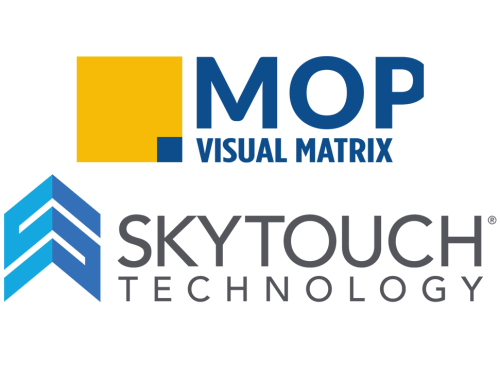Today, we use our mobile phones and tablets to do our shopping, conduct our banking, stay connected with friends, keep up with current events, listen to music, and watch our favorite TV shows. We depend on mobile devices for so much in our personal lives, it’s hard to imagine life without them. Because of this, businesses have recognized the advantages of mobility in the workplace, helping employees provide better service, be more productive, and maintain better life/work balances. While hospitality has been later than other industries to embrace the benefits of mobility, change is happening and hotels need to be ready. By choosing the right mobile-enabled property management system (PMS), they can not only participate, but can work to remain competitive with their increasingly tech savvy peers.
A PMS that can be accessed from any smart phone or tablet can work wonders for a hotel manager’s work-life balance. When managers are travelling on business or vacation, off-site for a few hours running errands, or simply enjoying an evening at home with family, they are often blind to what is happening on-site if they don’t have a mobile-enabled PMS to help them. Being able to view key reports and statistics directly from their phones can not only bring a worried manager peace-of-mind, it can also provides a tool to fix small problems before they become big ones.
Choosing the Correct PMS Partner
All of the perks of mobile-engagement within a PMS can only happen if hoteliers choose a system that meets their particular needs. When it comes to true mobility, it’s important to note that though many PMS providers offer mobile options to access hotel systems from the hotel’s Wi-Fi network, they may not offer it from the public internet. They may also have limits on the type of device that can be used. On-site mobility is nice, but may be severely limited compared to global mobility. Therefore, hoteliers who are interested in true mobility should partner with PMS providers who support access from the public internet.
Here are some important technical points to consider when evaluating the mobile capability of a current PMS or proposed PMS:
Is the PMS data stored in the cloud, not on hotel-based servers? A cloud-based PMS is much easier to access from a mobile device than one whose data is stored on-premises.
Is the PMS natively built as a cloud platform? Legacy PMS platforms that were modified to run in the cloud will often run slower and have less reliability than platforms that were built specifically to run in the cloud.
Is the PMS built with HTML and JavaScript, without the need for downloaded executables or browser extensions? A PMS that requires executables or extensions is typically limited concerning the types of devices that are supported, potentially making it inaccessible from popular phones and tablets.
Can the PMS be accessed over the public internet? As discussed, a PMS that can only be accessed from the hotel’s WiFi network generally severely limits the benefits of mobility.
By asking the right questions and choosing carefully, hotel managers can make the most of what a cloud-based PMS has to offer; the right information at their fingertips to help make better decisions, provide better instructions to staff, and enjoy a better work/life balance.




